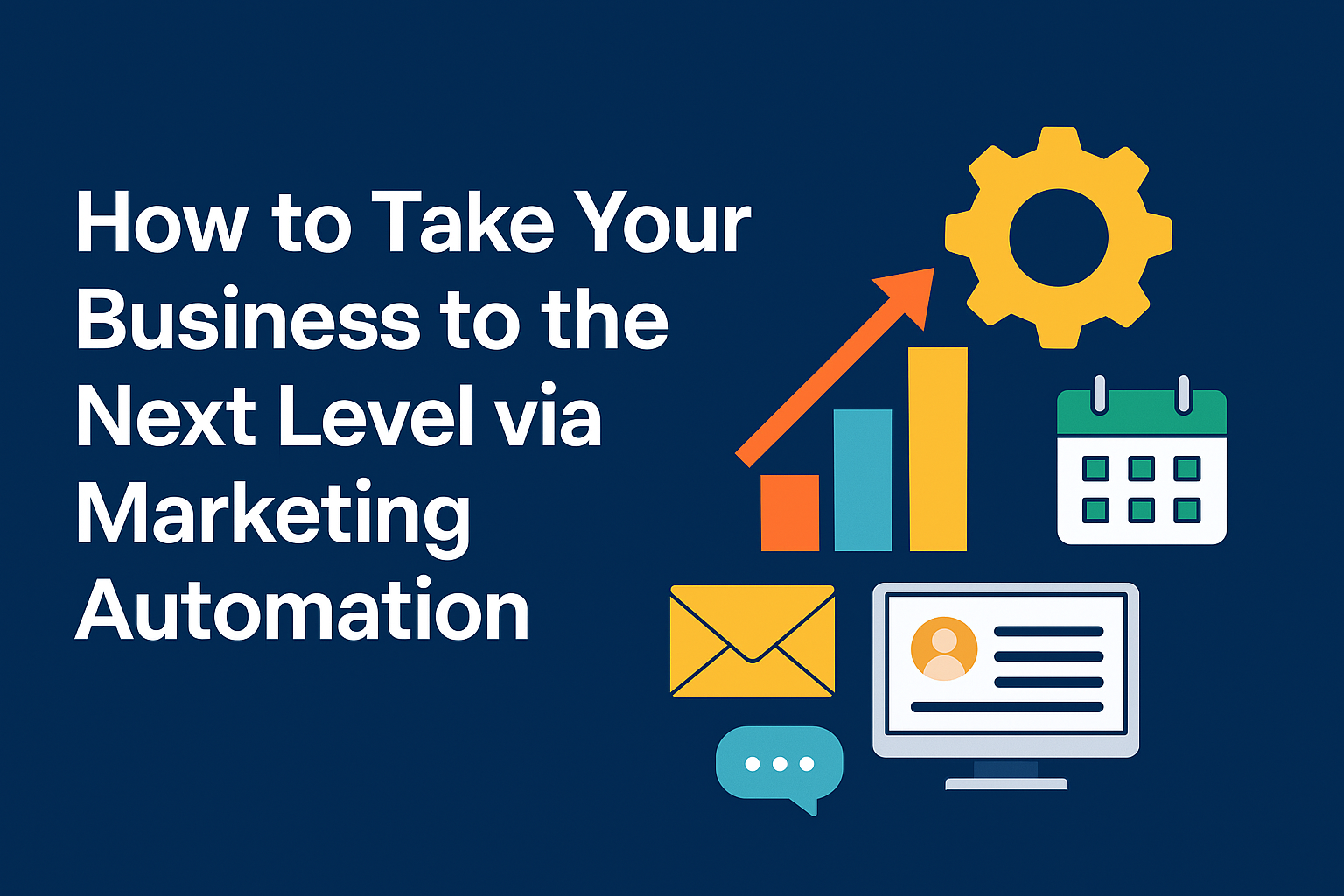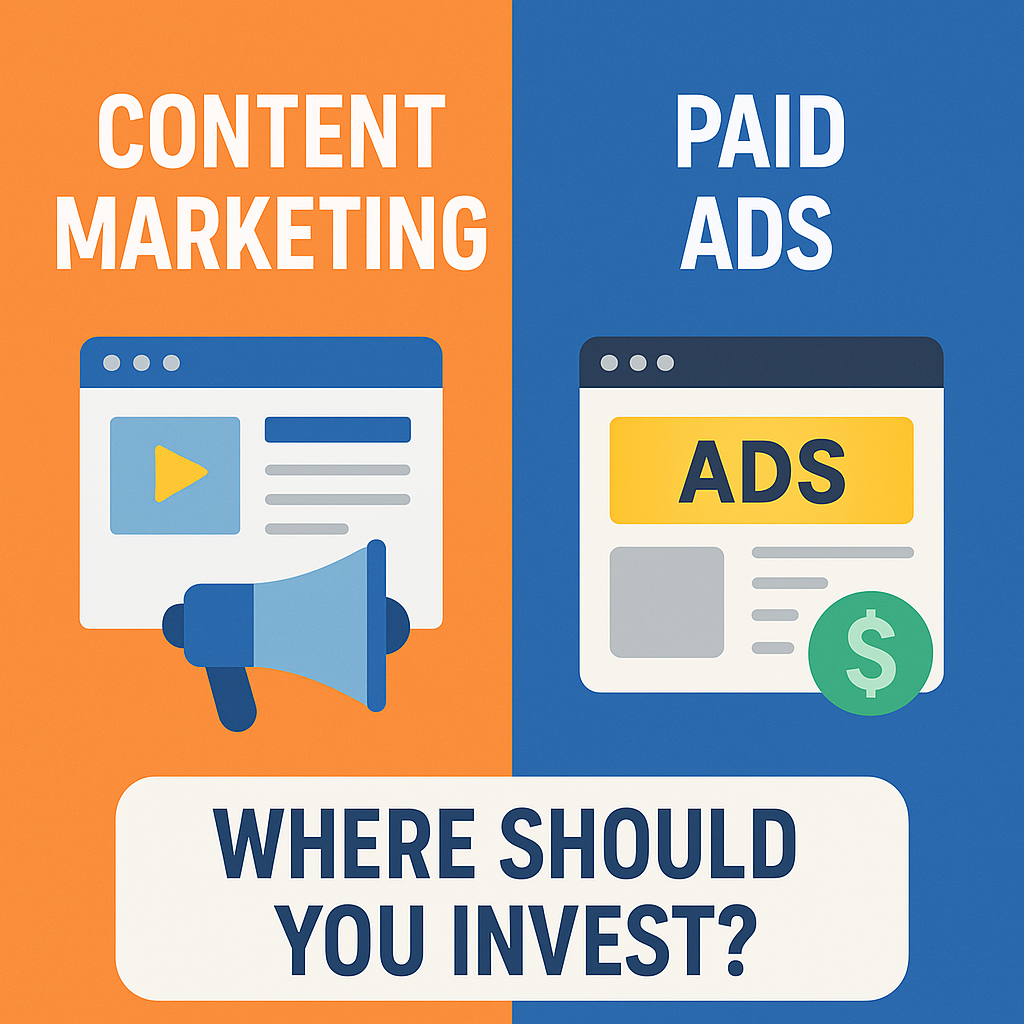
Artificial Intelligence (AI) is profoundly transforming digital marketing by offering new ways to engage with audiences, optimize campaigns, and analyze data. Here’s a comprehensive look at how AI is reshaping the field and how businesses can leverage these technologies:
1. Personalization and Customer Experience
AI enables hyper-personalization in digital marketing. By analyzing user data, including browsing history, purchase behavior, and social media interactions, AI can tailor content and recommendations to individual preferences. For example:
- Content Recommendations: AI algorithms suggest products or articles based on past behavior. Streaming services like Netflix use AI to recommend shows or movies tailored to individual tastes.
- Dynamic Content: Websites can use AI to adjust content in real-time based on the visitor’s profile, improving engagement and conversion rates
2. Chatbots and Customer Support
AI-powered chatbots provide instant customer service and support, improving user experience and freeing up human resources for more complex tasks. These chatbots can:
- Answer FAQs: Provide quick answers to frequently asked questions, reducing wait times and improving customer satisfaction.
- Lead Qualification: Engage with potential leads, qualify them based on their responses, and direct them to appropriate sales teams or resources.
3. Predictive Analytics
- Forecast Trends: Predict future sales trends and market demands, allowing businesses to adjust their strategies proactively.
- Optimize Campaigns: Analyze which marketing strategies are likely to be most effective, helping to allocate resources more efficiently.
4. Ad Targeting and Optimization
- Programmatic Advertising: AI automates the buying and placement of ads in real-time, targeting the right audience at the right time with minimal human intervention.
- Dynamic Ad Creation: AI can create and test multiple ad variations to determine which performs best, optimizing ad spend and improving ROI.
5. Content Creation and Curation
- Automated Content Generation: AI can produce basic content such as news articles, product descriptions, and social media posts. Tools like GPT-3 can assist in creating engaging copy quickly.
- Content Curation: AI algorithms can select and recommend content based on user preferences and engagement patterns.
6. Social Media Analysis
- Sentiment Analysis: Monitor and analyze public sentiment around their brand, products, or services, allowing them to respond to trends or issues promptly.
- Influencer Identification: Identify and evaluate potential influencers who align with the brand’s values and have the most impact on target audiences.
7. SEO and SEM
- Keyword Research: AI tools can identify high-value keywords and predict trends in search behavior, helping to improve search rankings.
- On-Page SEO: AI can analyze and suggest improvements for website content to enhance search visibility.
How Businesses Can Leverage AI in Digital Marketing:
-
Invest in AI Tools: Adopt AI-powered tools and platforms that offer capabilities like chatbots, predictive analytics, and automated content creation.
-
Use Data Wisely: Leverage data analytics to understand customer behavior and preferences, allowing AI systems to provide more accurate insights and recommendations.
-
Stay Updated: Keep abreast of the latest developments in AI technology to ensure you’re using the most effective and up-to-date tools.
-
Integrate with Existing Strategies: Ensure that AI solutions are seamlessly integrated with current marketing strategies and systems to maximize their effectiveness.
-
Focus on Customer Privacy: Implement AI responsibly by adhering to privacy regulations and ensuring transparency in how customer data is used.





